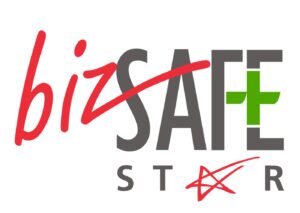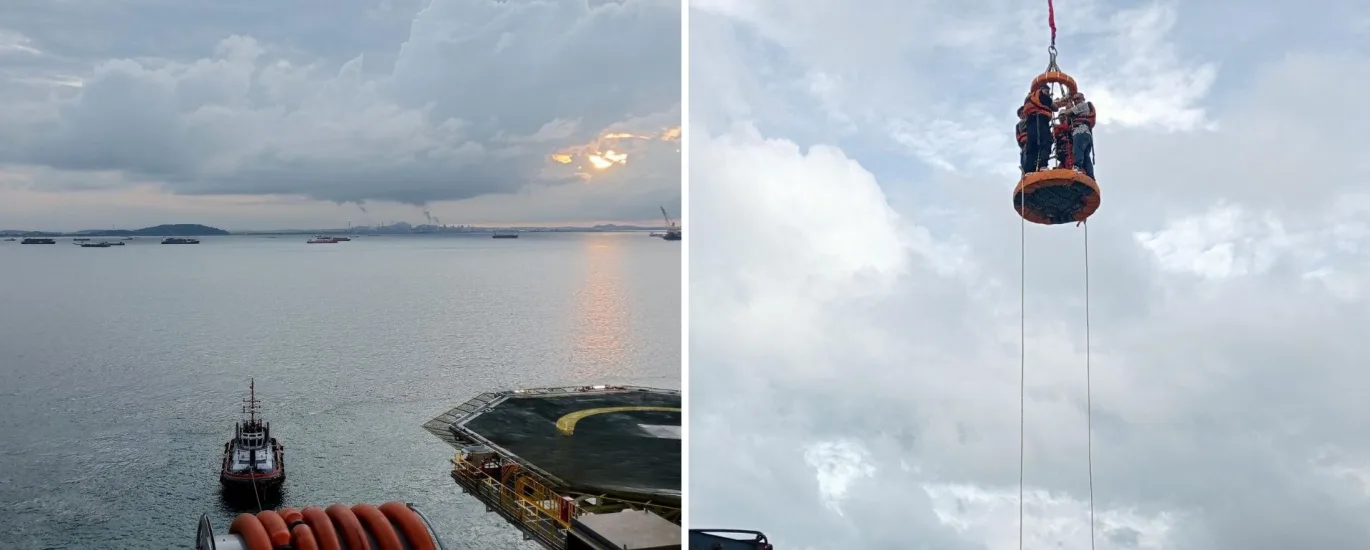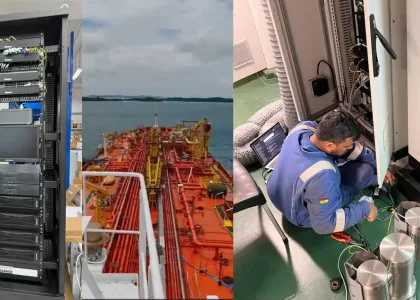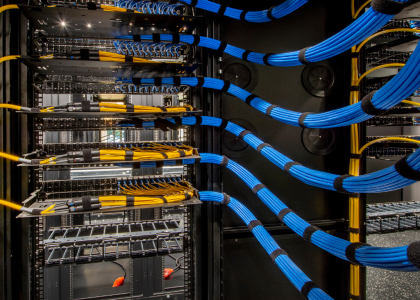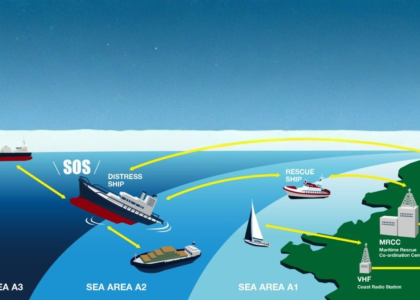There are several mandatory offshore safety tips that should be followed when working offshore, whether on an FPSO vessel or another type of offshore platform. Harsh weather conditions, heavy machinery, and the isolated nature of these operations make safety a top priority.
Here are some essential safety tips to help ensure a secure working environment offshore.
Comprehensive Safety Training
Before stepping onto an offshore platform, all personnel must undergo comprehensive safety training. This includes:
- Basic Offshore Safety Induction and Emergency Training (BOSIET): Covers survival techniques, fire fighting, and first aid.
- Helicopter Underwater Escape Training (HUET): Prepares workers for helicopter transport and potential underwater escape.
- Job-specific training: Tailored to the specific tasks and equipment workers will be handling.
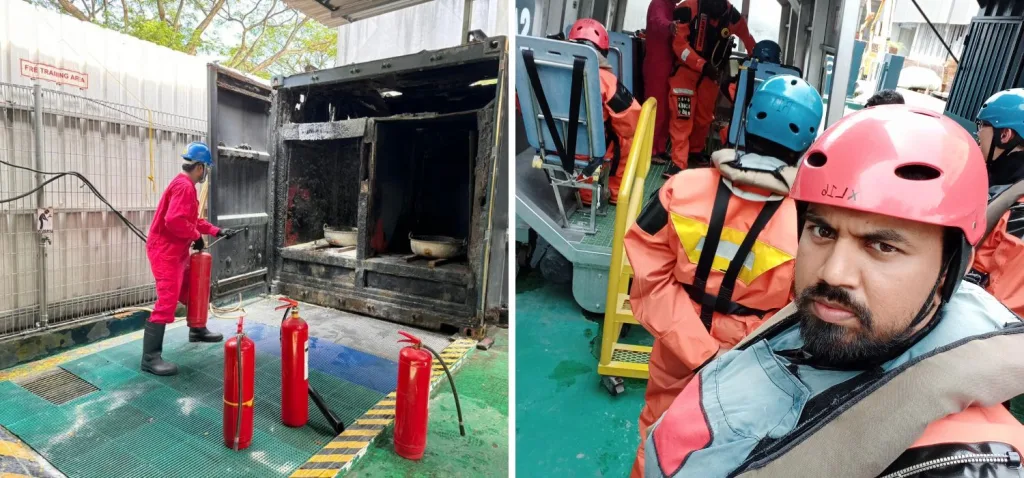
Personal Protective Equipment (PPE)
Wearing the right PPE is critical. Key items include:
- Helmets: To protect against head injuries.
- Safety glasses and face shields: To guard against flying debris and chemical splashes.
- Gloves: Suitable for the specific tasks, providing protection from cuts, abrasions, and chemicals.
- Safety harnesses: Essential when working at heights to prevent falls.
- Flame-resistant clothing: To protect against fire hazards.
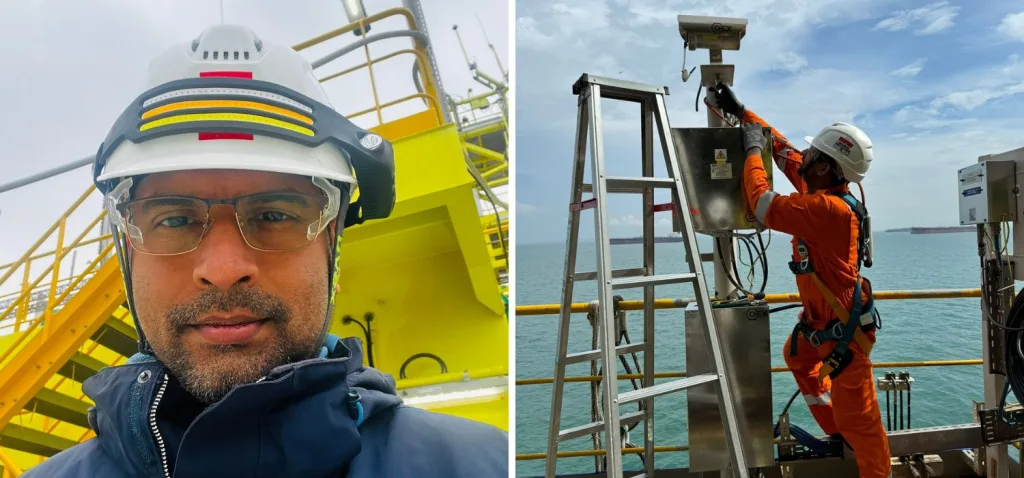
Regular Equipment Maintenance
Regular maintenance and inspection of all equipment are vital to prevent accidents. This includes:
- Routine checks: Scheduled inspections of machinery, safety gear, and emergency equipment.
- Proper lubrication and calibration: Ensuring machinery operates smoothly and accurately.
- Immediate repairs: Addressing any detected issues promptly to avoid potential hazards.
Emergency Response Plans
Having a well-defined emergency response plan is crucial. This should include:
- Evacuation procedures: Clear instructions on how to evacuate the platform quickly and safely.
- Emergency drills: Regularly conducted to ensure all personnel are familiar with procedures.
- Emergency equipment: Easily accessible and regularly maintained, including life rafts, fire extinguishers, and first aid kits.
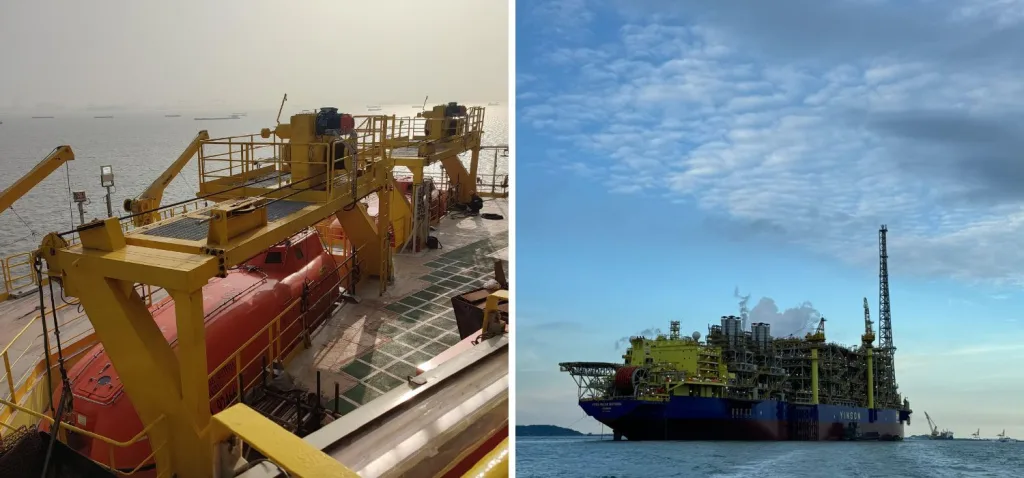
Safety Culture and Communication
Fostering a strong safety culture and open communication can significantly enhance safety:
- Safety meetings: Regularly scheduled to discuss safety concerns and updates.
- Reporting hazards: Encouraging workers to report any safety issues or near-misses without fear of retribution.
- Safety officers: Designated personnel to oversee safety practices and ensure compliance with safety protocols.
Ensuring the health and well-being of offshore workers is also a key component of safety:
- Medical facilities: On-site medical support and regular health checks.
- Mental health support: Access to mental health resources to cope with the stress and isolation of offshore work.
- Adequate rest: Ensuring workers get sufficient rest to prevent fatigue-related accidents.
Adapting to Weather Conditions
Weather can significantly impact safety offshore. It’s important to:
- Monitor weather forecasts: Regularly check and prepare for adverse weather conditions.
- Adjust operations: Scale back or halt operations during severe weather to ensure safety.
- Weather-resistant gear: Equip workers with gear suitable for harsh weather conditions.
Safety offshore is a collective responsibility that requires rigorous training, proper equipment, regular maintenance, well-defined emergency plans, a strong safety culture, and adherence to regulations. By following these tips, offshore operations can be conducted safely, protecting the lives of all personnel involved.
At Vivo Asia our “Zero Injuries” policy is at the center of everything we do. The sustainability theme for July 2024 is Workplace Health and Safety.





